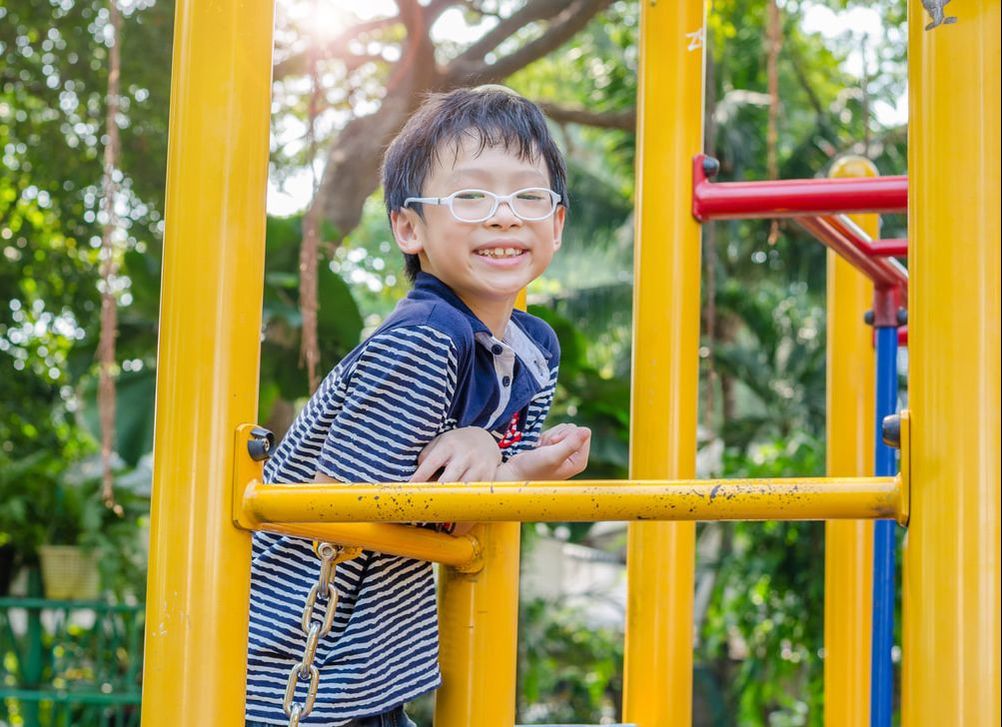Active Play(Physical activity)
|
Page 10 |
“Play is often talked about as if it were a relief from serious learning. But for children, play is serious learning.” ~ Fred Rogers
|
This is a great way for children to find an enjoyable way to exercise. When children take part in active play, they burn energy and build healthy bodies. Children are learning how to coordinate their brains and body functions to complete tasks. They are also developing motor skills and hand-eye coordination. Active play is often thought to take place outdoors but it can also take place in a large area within a classroom. Some outdoor examples are hopscotch, tag, or kicking a ball. Some indoor examples are freeze dance, musical chairs, or moving around the room like animals. |
School age children’s physical development needs are closely tied to their social and emotional needs. The physical needs at this stage can vary greatly from one year to the next. Physical development can also differ significantly from child to child. Children are growing taller, heavier, and stronger. They are challenged to learn coordination and other physical skills. School agers are refining small muscle skills that they use for crafts, computers, art and writing. The development of school age children’s physical abilities increases self-esteem and a sense of greater independence. It is important to remember that they are still developing large muscle skills and are often awkward and clumsy.
School age children have a high energy level that can be sustained for long periods of time; they need to be able to expend their energy and learn how to channel it in positive ways. School age children need physical exercise routinely every day. Lack of physical exercise inhibits proper growth and leaves children feeling pent-up on the one hand and sluggish on the other.
As they get older, it can be a challenge for kids to get enough daily activity. Reasons include increasing demands of school, a feeling among some kids that they aren’t good at sports, a lack of active role models, and busy working families. Even if kids have the time and the desire to be active, parents may not feel comfortable letting them freely roam the neighborhood as was once common for children. So their opportunities might be limited. Despite these barriers, you can instill a love of activity and help kids fit it into their everyday routines. Doing so can establish healthy patterns that will last into adulthood.



